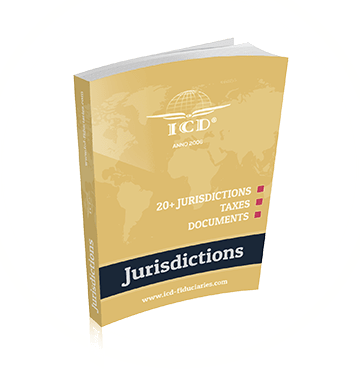Let’s take the example of Mr. Varenck who is an investor residing in Hungary. Because of his success in the business world, today he’s planning to invest a significant amount of his savings in real estate in Hungary and also in some Central European countries. Mr. Varenck wants to find out the tax impact on his investment projects; therefore, he contacted a tax consultant to request a tax and legal advice.
Being experts in the offshore field, how can we provide legal and effective advice to this investor?
The legal structure to implement in the case of Mr. Varenck:
Mr. Varenck is not an expert in the property development and management. The income he hopes to generate with these transactions comes from renting his properties and also from the future resale with capital gains.
We focus our attention on:
- The appropriate legal structure for buying and managing rental properties,
- The tax regime on the profits generated from the rental management,
- The tax treatment of capital gains in case of a resale of the property.
For Mr. Varenck, establishing real estate companies in all countries in which he projects the acquisition of buildings is the best legal structure. Once these companies start to operate, they will be responsible for the acquisition and management of the buildings.
These real estate companies could be held by a holding company incorporated in a legislation that offers favorable tax conditions.
The result of the low-tax and non-taxation on dividends received by a non-resident, are the main benefits if the country of residence of those companies has double tax agreements with the country of residence of the parent company.
Similarly, the capital gains generated on the sale of property shall not be subject to tax.
The possible choice of jurisdictions for the companies:
The creation of a holding company based in the Grand Duchy of Luxembourg is a logical choice in the case of Mr. Varenck. Indeed, this country has signed a number of double tax agreements with many European countries. Thus, the dividends paid by real estate companies to the Luxembourg holding company will be exempt from taxes or subject only to a reduced rate of 5% in the country of residence where the properties are located.
In addition, the dividends and capital gains realized by the holding company will be exempt from tax under certain conditions.
Such Luxembourg company may be owned by an offshore company registered in Cyprus. In this case, any dividends paid by the holding company to the Cypriot holding company will be exempt from withholding tax of Luxembourg. Mr. Varenck will of course directly or indirectly control the company that has its headquarters in Cyprus.
Finally, it is clear that the dividends received by a non-resident through a Cypriot holding company is exempt from tax. In conclusion, such legal structure allows Mr. Varenck to optimize his profitability.
See also:




 8.00–17.00
8.00–17.00






